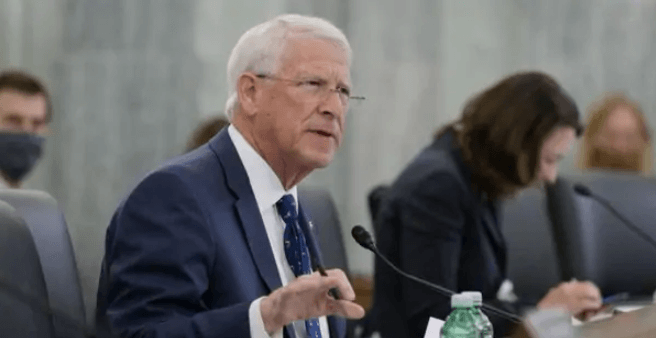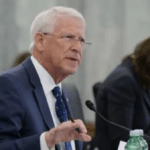Wicker: Leads Passage of Senate Defense Bill
By Sen. Roger Wicker
Last month, by an 86-11 vote, the Senate passed its version of the government’s annual national security bill, called the National Defense Authorization Act (NDAA). I am privileged to be the top Republican on the Senate Armed Services Committee, which is responsible for writing the bill. Though the legislation does not include everything I wanted, it takes important steps to provide for the common defense. The bill would refocus the Pentagon on war fighting, not divisive social issues, and it would support many of Mississippi’s contributions to our military.
NDAA Equips Our Troops
The United States faces the most dangerous threat environment since World War II. China’s massive military spending, Russia’s brutality in Ukraine, and threats from other rogue nations compel us to strengthen our military might. This year’s NDAA helps accomplish that.
The bill would prioritize our greatest asset: our people. The NDAA would bring a substantial pay raise to all troops and would make housing and healthcare more affordable for military families. It would also authorize monumental investments in our naval power and munitions capacity. The U.S. submarine program remains one of our most significant advantages over China, and this bill would increase its strength. It authorizes new purchases to help the Pentagon put American-made tools in American soldiers’ hands. And by supporting emerging technology research, the NDAA would help keep our troops on the cutting edge. I also successfully included border security measures in the bill. Among those is the FINISH IT Act, which I authored to compel the Department of Defense to use already-purchased barrier materials to build the border wall.
NDAA Protects Military’s Culture of Excellence
As Senate Republicans helped draft this legislation, we were aware that our armed forces face a recruiting crisis. In this year’s NDAA, we are seeking to reverse that disturbing trend. This bill would increase the military’s budget for recruiting and advertising. It would also invest in programs like Junior ROTC, which introduces youth to the value of military service and leads many to join.
I am convinced that one reason for the military’s enlistment shortage is the politicization of the Pentagon. Political military leaders have instituted a Diversity, Equity, and Inclusion (DEI) bureaucracy that distracts from their core deterrence mission. In response, I authored the MERIT Act, which would ensure that merit, not demographics, remains the top factor in service member promotions.
Mississippi Leads in National Security
Mississippi is a leader in national defense innovation. This bill recognizes that by investing in our array of military installations, shipyards, airfields, and manufacturing sites.
Our shipyards will empower the Navy’s future success. The NDAA would authorize construction of another amphibious warship, a berthing barge, and submarine components along the Gulf Coast. We also host crucial airfields and training grounds. The bill would provide a fire and crash rescue site for the 172nd Airlift Wing at the Jackson-Medgar Wiley Evers airport. It would devote significant resources to T-7A pilot training and aircraft maintenance at Columbus Air Force Base. Camp Shelby would also receive authority to expand its rail capabilities and complete a training installation.
The NDAA would also tap into the vast resources of our universities. It would support optoelectronic materials research at the University of Southern Mississippi, language education at the University of Mississippi, and machine learning research at Mississippi State University.
The Senate’s NDAA honors our troops, supports Mississippi’s contributions, and makes our nation safer. The House and the Senate will soon meet to reconcile our defense bills and send a unified package to the president’s desk.
Note: This article is the weekly Wicker Report and is provided by Sen. Roger Wicker’s office.





